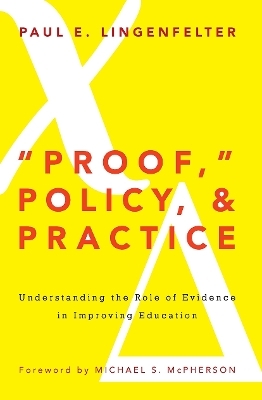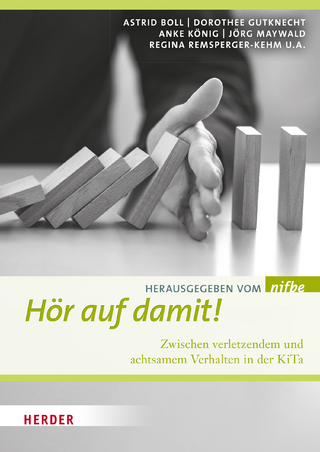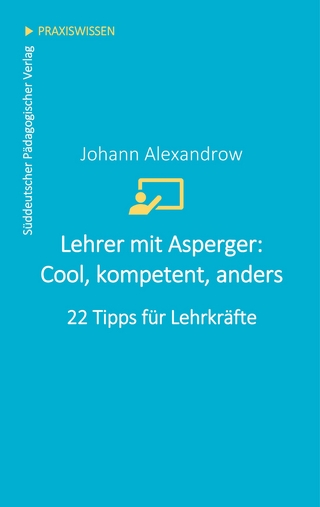
"Proof," Policy, and Practice
Stylus Publishing (Verlag)
978-1-57922-751-7 (ISBN)
Paul E. Lingenfelter has had an unusually diversified career bridging research and public policy. At the University of Michigan during his doctoral studies he staffed university committees awarding faculty research grants and examining the role of the dissertation in graduate education for the Rackham School of Graduate Studies. At the Illinois Board of Higher Education from 1974 to 1985 he helped shape the state’s funding model for community colleges, planning and budgeting systems and cost studies for public colleges and universities, and state budgets and policies for all sectors of higher education. He was Deputy Director for Fiscal Affairs from 1980 to 1985. At the John D. and Catherine T. MacArthur Foundation from 1985 to 2000 he initially served as Director of Program Evaluation. In 1996 he became Vice President of the Program on Human and Community Development, which supported research and practice in economics, mental health and human development, education, and community development. From 2000 to 2013 Lingenfelter served as CEO/President of the association of State Higher Education Executive Officers (SHEEO), where he staffed the National Commission on Accountability in Higher Education, created the annual study State Higher Education Finance, and worked to build stronger relationships between K-12 and higher education. He is now Senior Scholar at the National Institute for Learning Outcomes Assessment at the University of Illinois. Lingenfelter has been a frequent participant in international meetings on higher education issues including governance, budgeting, quality assurance, and the assessment of student learning. He has published and spoken widely on issues in higher education and philanthropy, and he has served on numerous education boards and commissions.He is the 2019 recipient of the Excellence in Public Policy in Higher Education Award. Michael S. McPherson serves as the President at The Spencer Foundation in Chicago. Prior to joining t
Figures and Tables Foreword Introduction Acknowledgements Introduction 1. Proof and Policy 2. Experimentation and Program Evaluation 3. Measurement 4. Measurement. Fit for Which Purposes? 5. Getting Better. The Use of Evidence in Practice 6. Research and Evidence in Government and Organizations 7. What Works, When, and How. Reflections, Observations, and Opinions Bibliography About the Author Index
| Sprache | englisch |
|---|---|
| Maße | 152 x 229 mm |
| Gewicht | 521 g |
| Themenwelt | Sozialwissenschaften ► Pädagogik ► Bildungstheorie |
| ISBN-10 | 1-57922-751-1 / 1579227511 |
| ISBN-13 | 978-1-57922-751-7 / 9781579227517 |
| Zustand | Neuware |
| Haben Sie eine Frage zum Produkt? |
aus dem Bereich


